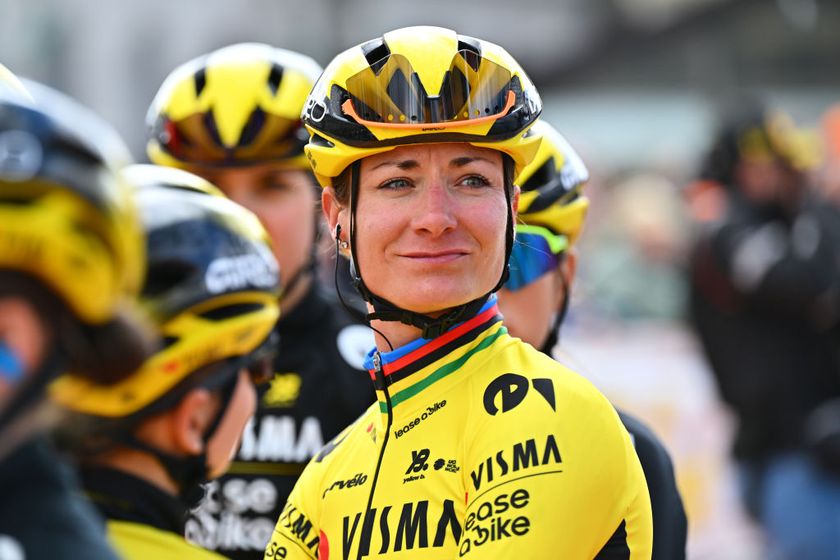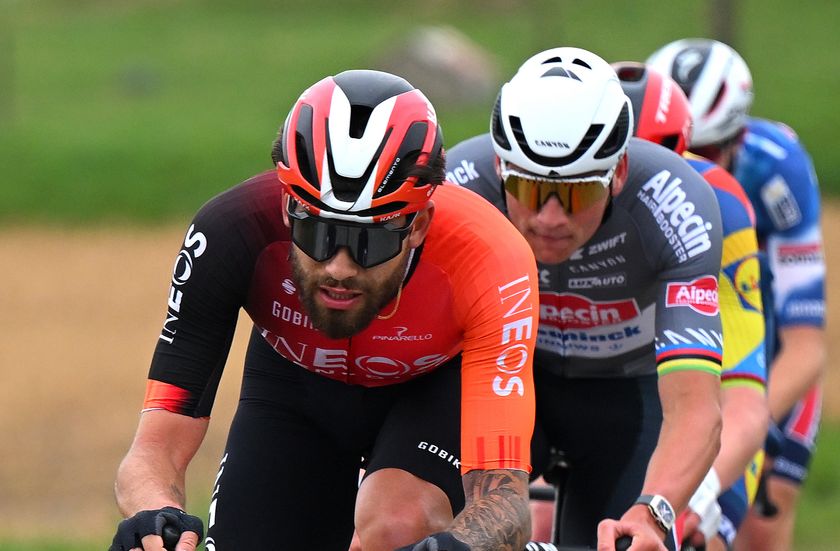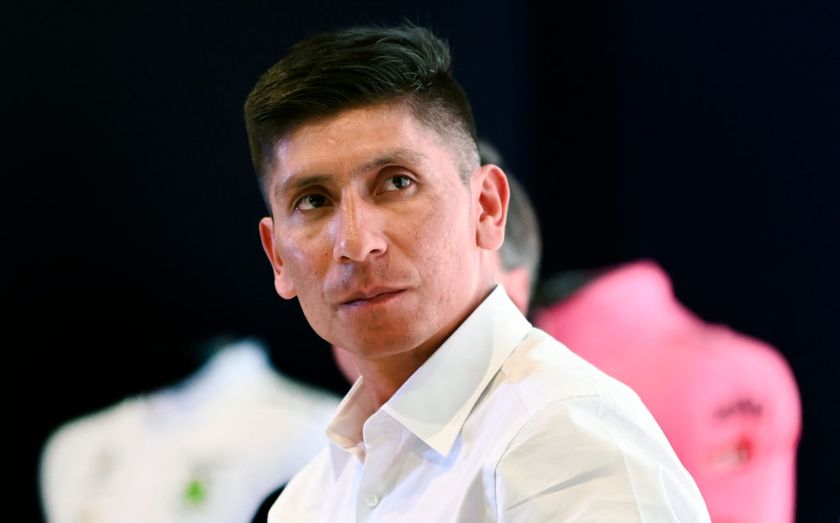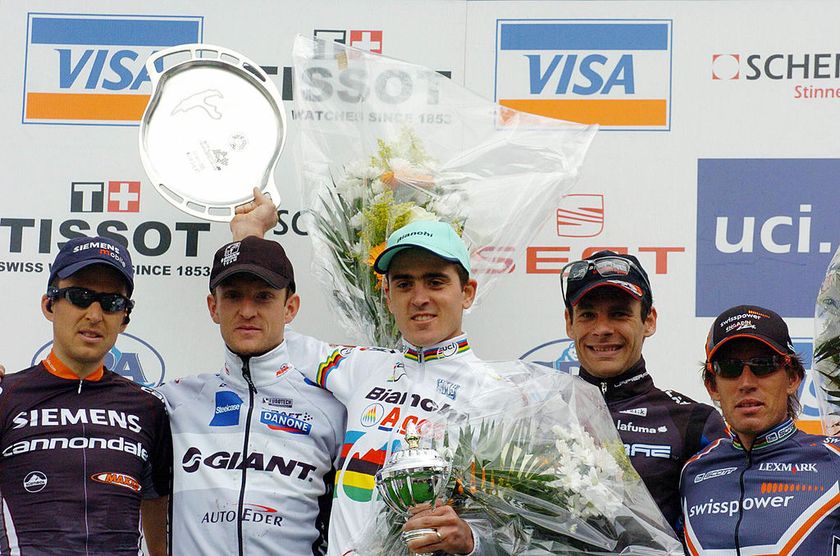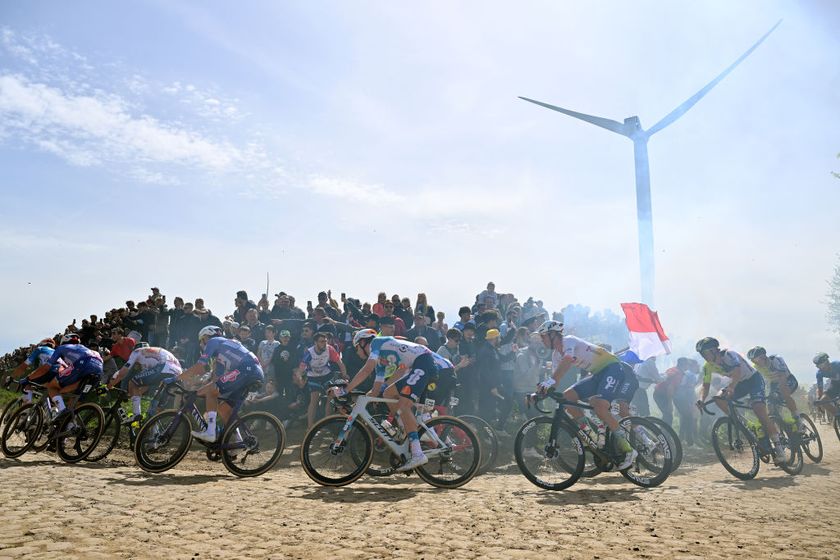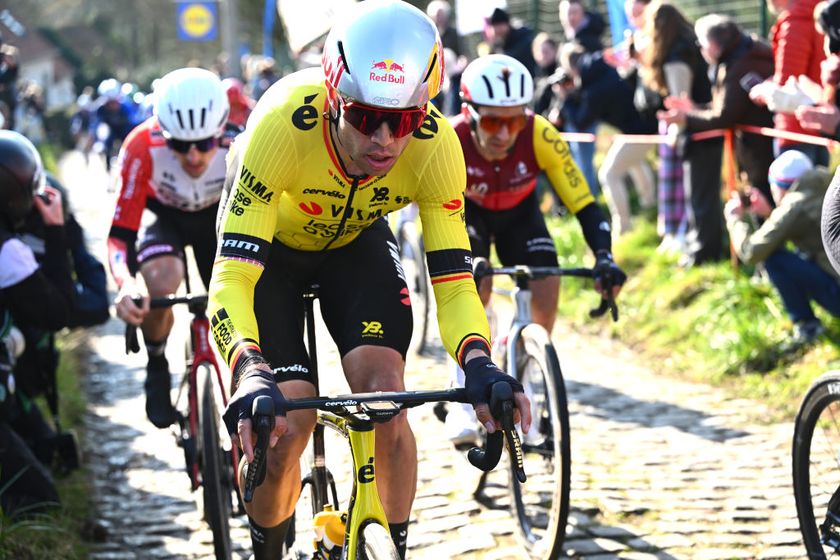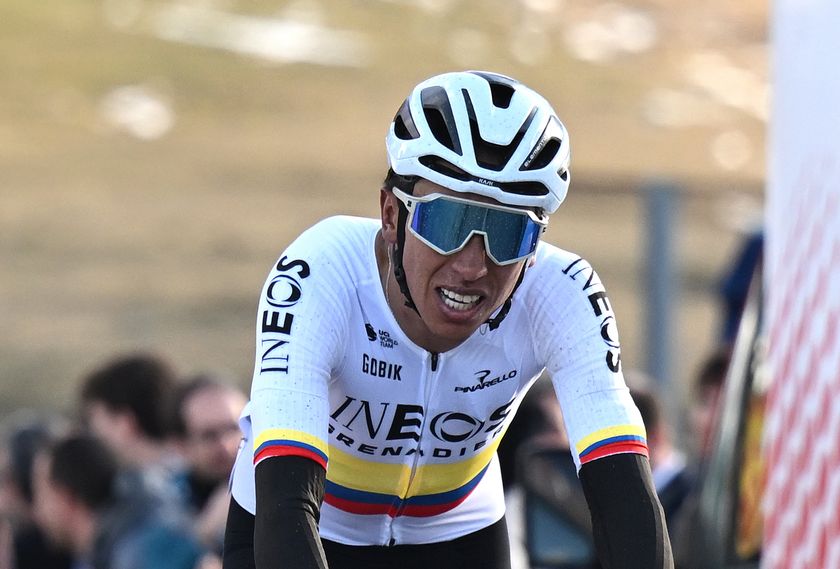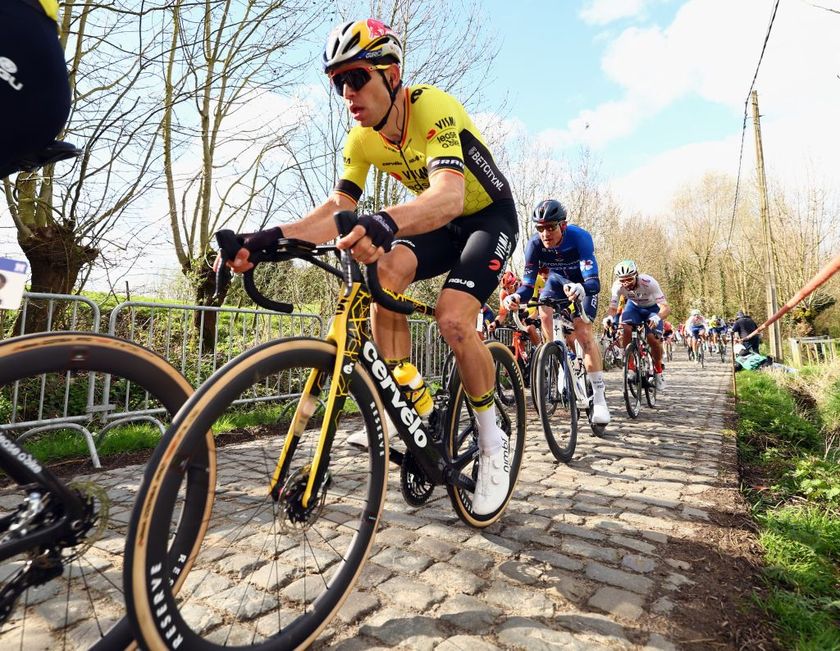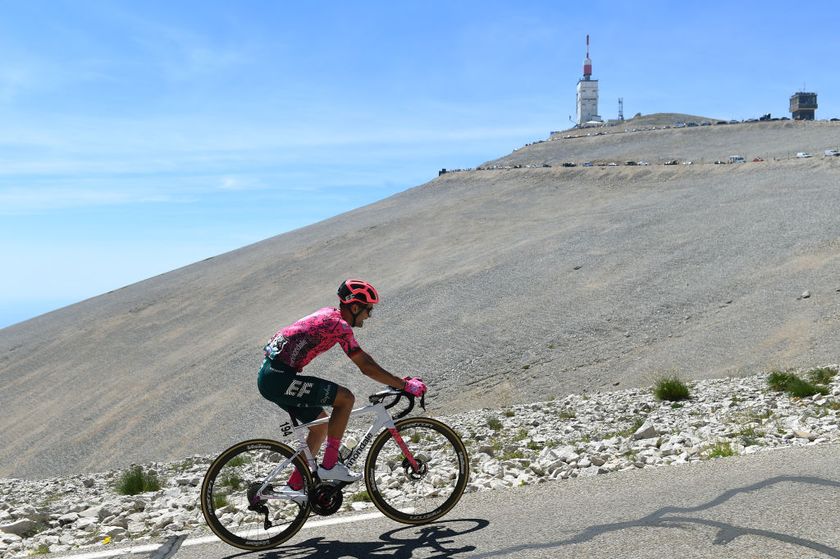Dahle Flesjå back to the beginning
By Luke Webber One year ago the most dominant woman in cross country was sidelined with a virus that...


By Luke Webber
One year ago the most dominant woman in cross country was sidelined with a virus that kept her out of competition for the rest of the 2007 season. Through a mix of complacency, urgency and a passion to ride came her biggest downfall. Gunn-Rita Dahle Flesjå talked to Cyclingnews after the Offenburg, Germany World Cup as she orchestrated her slow, but steady comeback. Little did she know at the time of the interview that she'd win the third round of the World Cup in Madrid just days later.
If you were to ask any mountain bike afficionado the odds of Gunn-Rita Dahle pulling out of a World Cup held in the home country of title sponsor Merida, at a time when she was at the head of the race after only two laps without any mechanical difficulty, everyone would have deemed it impossible.
A dominance stretching over four years and an ability to race and win even when not in peak condition had led to a previously unseen level of respect from other athletes. A tireless schedule of racing, training and media work never detracted from her results, but in May 2007 that all changed.
"I should definitely not have raced - that's why I say to everyone on the team now, 'Don't make the same mistake that I did'," said Dahle Flesjå. "When we arrived here in Offenburg last year I had already been sick for three weeks, but I was in such good shape because I was in a peak. So I felt like I could compete and do OK."
What followed was the onset of a virus that would ravage cross country's premier rider of any energy and deny her chances of racing for another rainbow jersey last September. Even before the race it was evident that this was more than a small illness, but Dahle Flesjå admits that both she and her husband/trainer, Kenneth, got carried away in the moment.
"Looking back in the last five and a half years, we have been pushing the body to the absolute limit and you are on the edge where it can be bad for your health in the long term," she said. "After the first World Cup we were in such good shape when we had planned no peak so we were working so hard to get the maximum when we did peak. But we felt so strong. We only lost Houffalize by a couple metres.
Get The Leadout Newsletter
The latest race content, interviews, features, reviews and expert buying guides, direct to your inbox!
"The body was on the limit for sure but we wanted to push the hardest ever," she said. "But in that period we got too excited and forgot. We got complacent, we missed the sign pointing of resting, but feeling more tired. And we didn't listen, we were not awake enough. If I hadn't felt the pressure we would have been more honest with ourselves. It was a German race with a German-based sponsor. If I was less pressured I would have not raced. But the pressure only came from within."
Read the complete feature.
